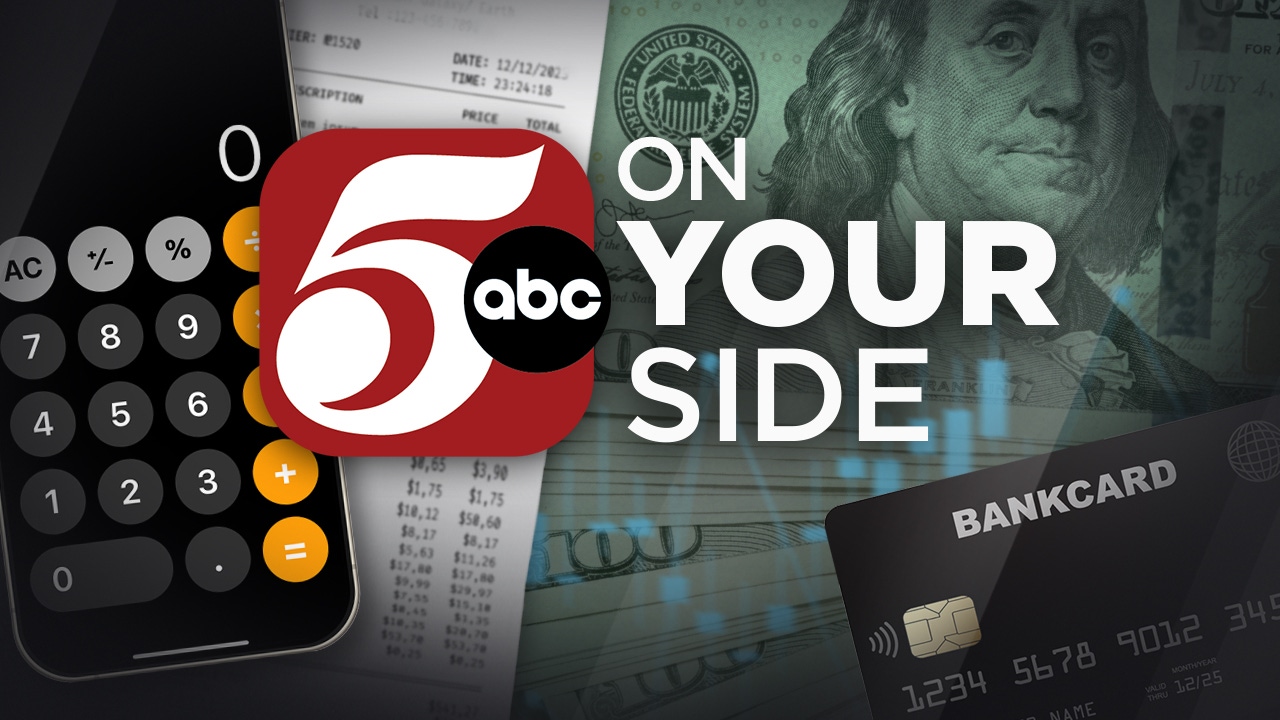Fitness
Could Your Fitness Tracker Could Replace Your Doctor? WHOOP’s CEO On The Future Of AI and Wearables

There’s a lot of (well-placed) worry about how much of a role AI will play in our lives going forward. But, as you might expect here at Men’s Health, we’re mostly curious about the role AI will have on our health and fitness.
As it stands, AI is already a pretty big part of our wellness and performance. Whenever we check our tracker to learn about how we slept and get guidance on how hard we should push ourselves in our training, we’re interacting with AI. And that’s before we’ve considered those who use ChatGPT as their personal trainer.
According to Will Ahmed, founder of WHOOP – the fitness tracker best known for its in-depth insights into recovery, training and sleep – AI will only strengthen its influence on our health.
Talking to our fitness director, Andrew Tracey, on the Men’s Health podcast, Ahmed said the biggest benefit of AI right now is that, ‘It can notice trends or crunch numbers in a way that a human being could take weeks to answer. Like the question of, “Do I sleep better in summer or winter?”‘
But a growing area of use in trackers like WHOOP is the ability to predict and monitor illnesses. If you’ve caught Covid or a cold while you’ve worn a Whoop, you may have noticed that your recovery scores went into the red zone before you even got symptoms. That’s because unnoticeable-to-humans changes to things like HRV can be picked up by sensitive detectors and analysed by AI to flash warning signs.
That is where Ahmed thinks the brand will thrive. In fact, he thinks the way they implement AI could be life-saving. ‘Hell, you want to know if you’re about to have a heart attack or something. What if you could get a notification 30 minutes before, like, “Hey, get to the ER now”?’
As Tracey said: that would be the craziest text you’ve ever received.
While that might be an extreme example, there could be more daily uses for AI’s growing understanding of our health. ‘We’ll know your body better than your doctor,’ says Ahmed.
‘We’re collecting 24/7 health data super accurately, and we’re able to benchmark it against a massive universe of data. That’s a pretty powerful capability.
‘[Compared to] when you walk into a doctor’s office, they have to stick a pulse oximeter on you. They have to use a blood pressure cuff. They ask you anecdotal questions about how well you’ve been sleeping. I mean, it feels a little bit like the Stone Ages, honestly. So I’m quite optimistic about what Whoop is going to be able to do in the field of medicine.’
Whether trackers make us all too detached from our own physical cues is a concern among health and fitness professionals. After all, how often have you felt tired as a direct result of your watch telling you that you slept badly? And, as insights get more and more in-depth, our mind-body connection could crumble even further.
Or, as Ahmed suspects, it could help us be more intuitive. ‘It can make you a little sharper for feeling something before it happens,’ he says.
‘I’ve been measuring my recovery every day for 10 years, and I’m close to being able to know what my recovery might be [most days]. But every once in a while I’ve got this terrible score and lo and behold, two days later, I’m sick.
‘That does speak to the fact that Whoop is measuring things you can’t feel. I mean, in some ways, the origins of the company were around this idea that feelings are overrated – that certain things are going on inside your body that you can’t feel but that you can measure.’
Whether that’s exciting or terrifying to you might depend on how you feel about AI (and your body). Either way, the future of fitness tech is more involved – and maybe more life-saving – than we might have imagined.








.jpeg)
